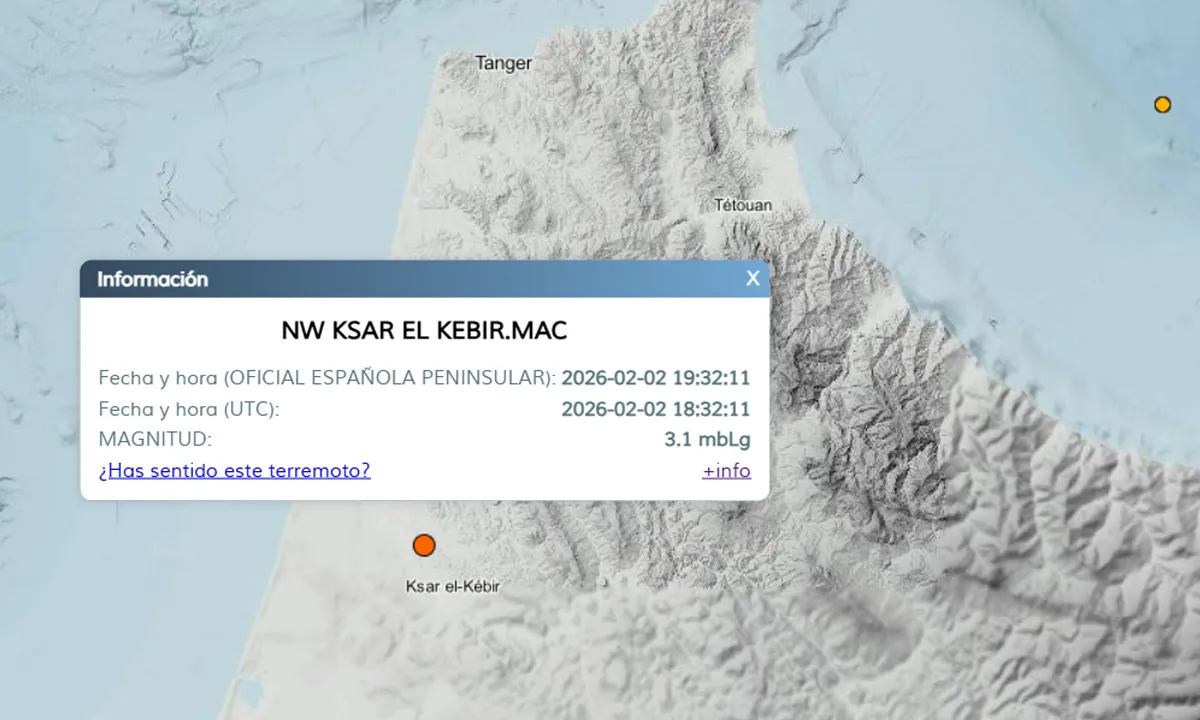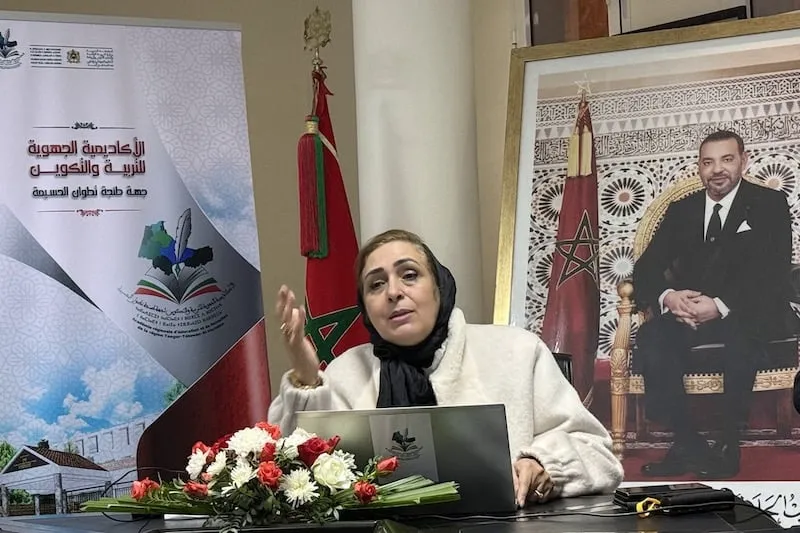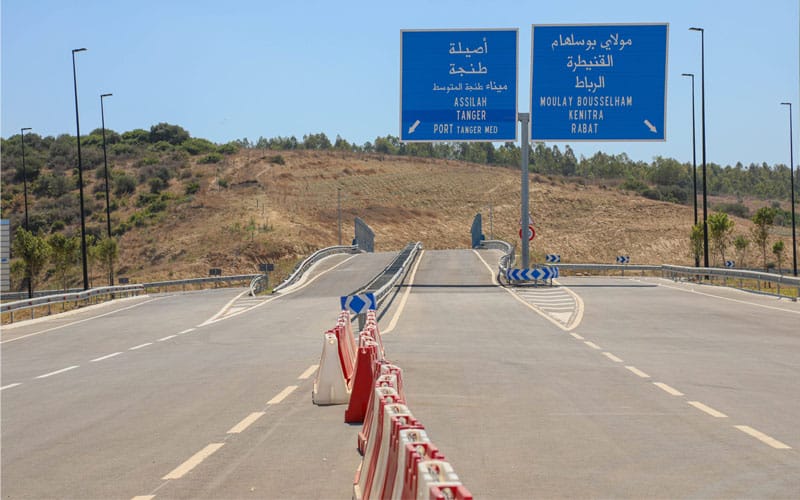The Ministry of Endowments and Islamic Affairs has announced that the first day of Muharram in the year 1447 AH will be tomorrow, Friday, June 27, 2025 AD, in Morocco.
In a statement, the ministry confirmed that it observed the crescent moon for Muharram 1447 AH on the evening of Thursday, June 26, 2025, and the sighting was validated according to Islamic law.
The ministry stated: “We inform the citizens that we observed the crescent moon for Muharram 1447 AH, and its sighting was confirmed. Hence, the first of Muharram will be tomorrow, Friday, June 27, 2025. May Allah bless this month and grant a prosperous new year to our Commander of the Faithful, His Majesty King Mohammed VI, and to the Crown Prince, His Royal Highness Prince Moulay Hassan, and to His Royal Highness Prince Moulay Rachid, as well as the entire royal family. We wish prosperity and happiness to the Moroccan people and the Islamic nation at large.”
About Muharram
Muharram is the first month in the Islamic lunar calendar and is one of the four sacred months mentioned in the Quran, along with Rajab, Dhu al-Qi’dah, and Dhu al-Hijjah. This month holds significant religious and spiritual importance for Muslims, symbolizing values of sacrifice, patience, and closeness to God.
Etymology of the Name
The name "Muharram" is derived from the Arabic word for "forbidden," indicating a time of prohibition against fighting and injustice. Historically, even during the pre-Islamic period, the Arabs honored these months by refraining from warfare, which made Muharram a symbol of peace and contemplation. The name reflects its sanctity, encouraging worship and avoidance of sin.
Religious Significance of Muharram
Muharram is a month of great spiritual importance for Muslims, marking the beginning of the Islamic year that commemorates the Prophet Muhammad’s (peace be upon him) migration from Mecca to Medina in 622 AD, a pivotal moment in Islamic history.
Ashura
The tenth day of Muharram, known as Ashura, holds different meanings across various Islamic sects:
For Sunnis: Fasting on Ashura is encouraged based on a hadith where the Prophet Muhammad mentioned the day as a time of gratitude to Allah for saving Prophet Moses and his people from Pharaoh. Fasting on a day before or after Ashura is recommended to distinguish it from Jewish observance.
- For Shiites: Ashura is a day of mourning, commemorating the martyrdom of Imam Hussein, the Prophet Muhammad’s grandson, at the Battle of Karbala in 680 AD. This day symbolizes sacrifice for justice and is marked by mourning rituals, recounting the tragedy, and organizing processions.
Historical Events in Muharram
Muharram is associated with significant historical events, notably the Battle of Karbala on the tenth of Muharram in 680 AD, where Imam Hussein and his supporters were killed by the Umayyad army. Hussein’s refusal to pledge allegiance to the tyrannical rule of Yazid led him to lead a courageous stand against oppression. This event remains pivotal in Islamic history, deepening the divide between Sunni and Shiite Muslims and inspiring numerous reform movements.
Rituals and Practices
Common practices during Muharram include:
Fasting: Sunnis are encouraged to fast on Ashura and the ninth of Muharram, while Shiites refrain from fasting on this day as part of their mourning tradition.
Mourning Assemblies: In mosques and husseiniyyas, the story of Imam Hussein is recounted, emphasizing values of sacrifice and patience.
Husseini Processions: Symbolic marches are organized in several Islamic countries, particularly in Iraq, Iran, Lebanon, and India.
- Spiritual Reflection:
For updates on Tanja7, follow us on our social media platforms on Facebook and Instagram as well as on X.
















